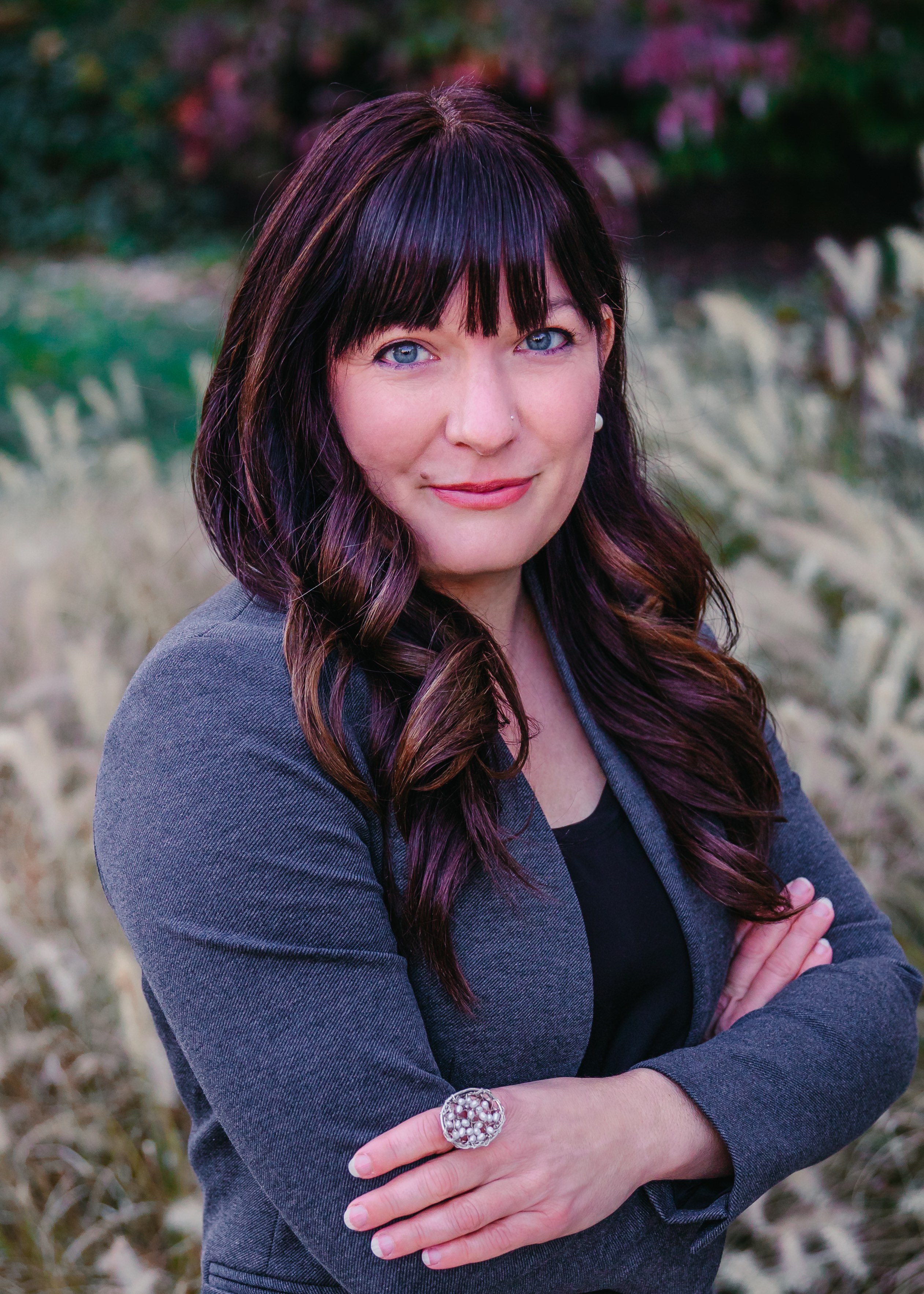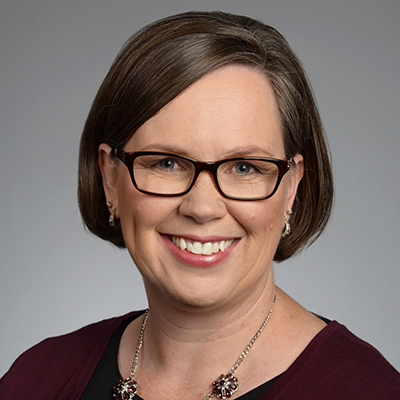Get started with Mizzou
Apply hereGraduate Certificate
You're drawn to this 100% online Graduate Certificate in Special Education from Mizzou to make a difference in the lives of all students. As one of several top-ranked online graduate programs from Mizzou’s College of Education & Human Development, this program is ideal for current educators working with diverse classrooms.
You’ll gain essential skills and strategies for differentiating instruction, selecting four courses from twelve possible electives in the areas of special education that interest you most. While this graduate certificate alone will not qualify you for teaching certification, the credits you earn can count toward a future master’s degree. Upon receiving this certificate, you will be equipped to further the success of every educational institution you serve – and help more students thrive. For more information about teaching certification, contact the department of education in your state.
Quick facts
Official name
Graduate Certificate in Special EducationCampus
Program type
Graduate certificateAcademic home
College of Education & Human Development | Department of Special EducationDelivery mode
100% onlineAccreditation
Higher Learning CommissionCredit hours
12Estimated cost
$7,078.80*This cost is for illustrative purposes only. Your hours and costs will differ, depending on your transfer hours, your course choices and your academic progress. See more about tuition and financial aid.

Career prospects
Job titles include:
- Teachers
- Interventionists
- Paraeducators
- School administrators
- School psychologists
- Special education specialists
Program structure
Delivery of this program is 100% online: no campus visits are required.
Courses are cohort-based. Most students study part time, taking one to two classes per semester, and complete the course work in just one to two years.
Coursework includes
- Advanced behavior management
- Introduction to autism
- Introduction and methods of early intervention
- Behavioral and classroom management
- Other elective choices in differentiating instruction, autism, cross-categorical special education and more
Delivery
100% onlineCalendar system
Semester-basedTypical program length
1 yearTypical course load
1-2 classes per semesterFurther your education
Students may apply the 12 credit hours earned for this graduate certificate to a master of education in special education or another relevant master’s degree from Mizzou’s College of Education & Human Development. For more information, visit the Department of Special Education.
Accreditation
University of Missouri-Columbia is accredited by the Higher Learning Commission, one of six regional institutional accreditors in the United States.
Faculty spotlight

Jena Randolph is an assistant research professor and the training and education division director with the University of Missouri’s Thompson Center for Autism and Neurodevelopment. Her experience has a focus on collaborative and coordinated care for individuals with autism and developmental disabilities. She is one of the primary developers of the Training Experts in Autism for Missouri (TEAM) program, which provides autism training and support to professionals across disciplines throughout the state and of the Self-Determined Transition Readiness through Individual Vocational Experiences (STRIVE) program, which provides direct instruction, work experiences and peer mentorship to enhance employment readiness for young adults with autism.

Delinda van Garderen focuses her research on students with learning disabilities, struggling learners, and teachers in the content areas of mathematics and science. In particular, she studies how students and teachers use representations to solve mathematics word problems, student development and intervention in number (e.g., conservation of quantity, numerical magnitude), and use of Universal Design for Learning to plan instruction to meet the needs of learners in science. She is currently completing a DR-K12 NSF grant, “QuEST: Quality Elementary Science Teaching,” designed to examine the impact of a professional development model for improving teacher content knowledge and pedagogical practices in science.
